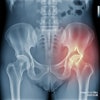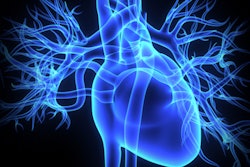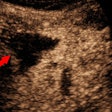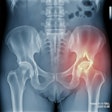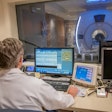A new echocardiography protocol can detect early functional abnormalities in the heart associated with anthracycline chemotherapy-induced toxicity in children, according to research presented at the American Society of Echocardiography (ASE) meeting in Baltimore.
Using a real-time 3D echocardiography technique, a team led by Dr. Sanjeev Aggarwal from Children's Hospital of Michigan in Detroit evaluated the heart function of children who had completed chemotherapy for cancer. The researchers found that asymptomatic children who had normal volume of the heart ventricles still had significant left-ventricular dyssynchrony on the 3D echo five years after chemotherapy. Dyssynchrony is a difference in contraction timing of various heart segments, according to the researchers.
"Currently, when cardiotoxicity is detected, it can be irreversible," Aggarwal said in a statement released by the ASE. "The ability of this noninvasive bedside technique to diagnose cardiac dysfunction in the subclinical stage, even before abnormalities can be detected on a conventional echo, may open the possibilities of timely intervention and prevention of progression of the cardiotoxicity."



